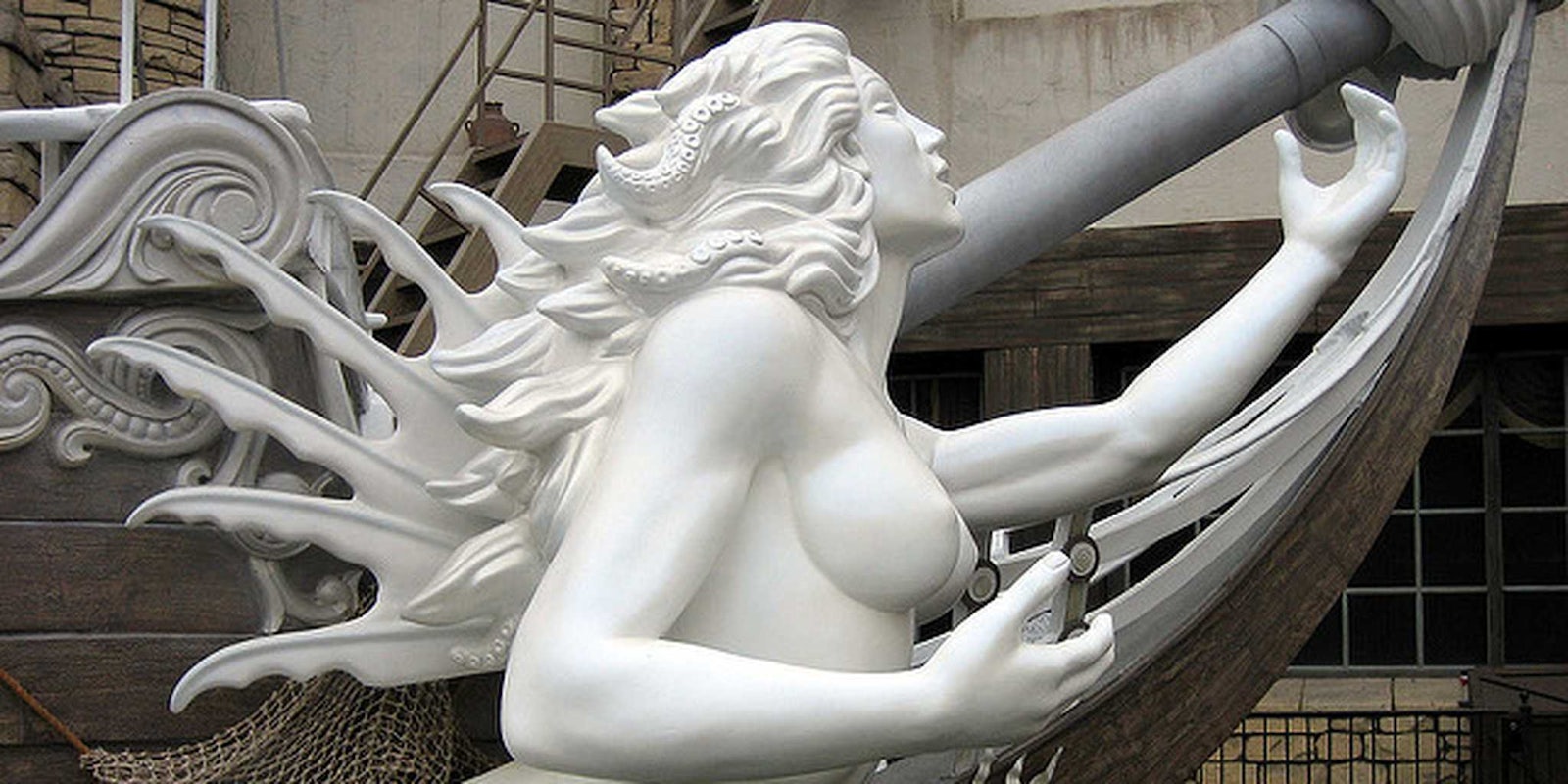Online dating has faced more than its share of complaints: It’s desperate, they say; it’s judgmental; it’s dangerous; it’s disastrous. But with almost 100 million people still clicking and swiping their way through dozens of platforms, one has to wonder: Can it be fixed? A new dating app, Siren, is looking to change the conversation around online dating—by helping to facilitate actual conversation.
The app is the brainchild of Susie Lee, a Yale graduate and artist. As an artist, she knows “how to will something out of nothing,” so she set out to create an app that eased the frustrations of single creative types like herself.
“My single friends’ strong dislike of dating apps and frustration that they didn’t have the time or venues to meet people because of their professional lives” was the catalyst for Siren, Lee told the Daily Dot in an email. “I became curious what these apps were about and why the unhappiness. Then I tried to sign up for accounts and thought: These are everything about bars and clubs that I can’t stand.”
With the help of design consultant, co-founder, and COO Katrina Hess, Lee’s concept of a dating app predicated on more than just shallow banter became a tangible product. It was named App of the Year by GeekWire in 2015, and with a recent round of $500,000 in seed funding, Siren is putting out a call to female daters in Seattle (and soon elsewhere) to look beyond the typical Tinder and OkCupid.
Instead of casually swiping right or left on users’ photos to determine whether you want to engage with them, members receive a “Question of the Day” asked by artists and other types of creative thinkers in the community. “These questions spark conversations, which allow Siren members to reveal their personalities organically, rather than with a static profile and photo.” Lee said. The goal here is to create a conversational, relaxed atmosphere, and make it feel less like a “human supermarket.”
The questions are fairly general, asking things like “What did you want to be when you were a child?” or “What is a hidden gem in Seattle?” But they’re certainly a welcome change from the usual “Where do you live?” or “Wanna come over?”
The result is a “more human platform, a place that elevates conversation and brings back a certain dignity into first time meetings,” Lee said.
People can also put out a “Siren call” which will alert a select group of people to see if they’re available at that moment to meet up for an activity.
In the early stages of Siren, it was similar to app Bumble, which requires women to make the first move. There were some asymmetric features, like women having the ability to control their profile photo settings. But in its current iteration, Lee and Hess have created a more egalitarian platform—one that they hope promotes safety and security for all.
“Today more than ever, women are comfortable with who they are and expressing what they want. A woman feeling confident to express her desire and wants, if she wants to make the first overture, the first ask, the first date—we absolutely support that,” Lee said.
However, she’s careful to clarify that women are in no way expected to reach out first. “But we’re also not really about ‘rules.’ The ‘supposed to’s the judginess, the ‘you can’t’s—these have often been directed at those without voice, without the inherent privilege, including women, queer and LGBT communities and people of color. More agency and safe spaces, less patriarchy.”
Research shows that women do routinely feel more unsafe than their male counterparts. A recent survey by Consumers’ Research found that 57 percent of female online daters have been harassed in some form, most often on Tinder and OkCupid.
Siren has approximately 20,000 users at this point, without a dollar spent on traditional advertising. Lee and Hess are working with a female-run PR firm to reach more of their ideal members: people who “read and are engaged—they are progressive, literate, nerdy, often more introverted and seeking connections that matter to them.”
A recent Washington Post interview with a Stanford sociologist surmised that online dating might actually be better than the real life alternative. And Lee is on board with the point of view.
“If you meet someone in real life, you have no idea what their relationship status is,” she said. “So online dating can help clarify intentions and needs to be able to navigate those first conversations more comfortably.”
She sees the beauty of online dating in that it transcends age, geography, and social conventions, allowing people to come together who may have never met organically.
She added: “If we do our job right, we’ll make it comfortable, conversational, and a more natural way to bring out more humanity.”
Photo via Jon Parise/Flickr (CC BY 2.0)


